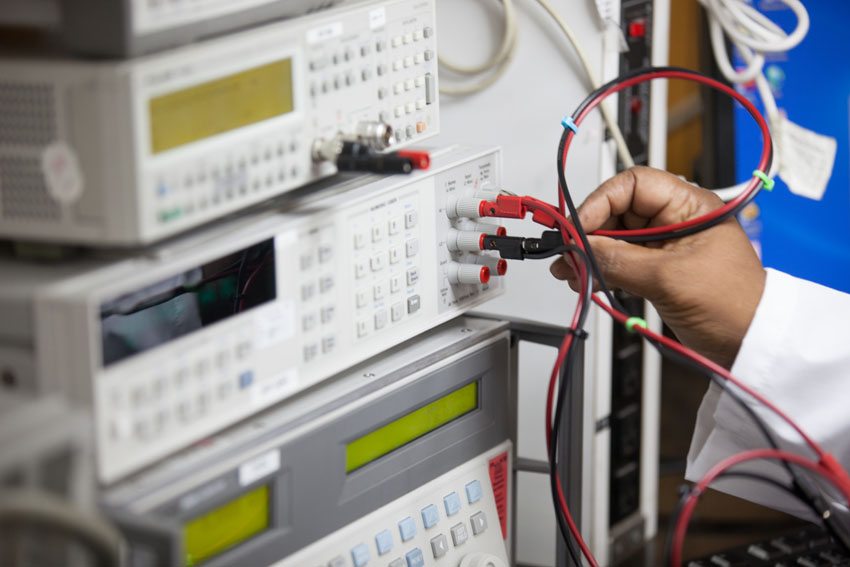In today’s technology-driven industrial world, efficiency, accuracy, and automation are key to productivity. This is where Electrical and Instrumentation Engineering (E&I Engineering) plays a vital role. It combines the principles of electrical systems and precise measurement instrumentation to ensure that industrial processes operate safely, efficiently, and seamlessly.
From power generation and oil refineries to manufacturing plants and water treatment facilities, electrical and instrumentation engineers design, install, and maintain systems that control and monitor equipment, ensuring reliable performance 24/7.
What Is Electrical and Instrumentation Engineering?
Electrical and Instrumentation Engineering is a multidisciplinary field that integrates electrical engineering with control and instrumentation systems. It focuses on the design, installation, calibration, and maintenance of electrical systems and instruments used to measure, monitor, and control industrial processes.
- Electrical Engineering covers power distribution, motor control, automation systems, and electrical safety.
- Instrumentation Engineering deals with sensors, transmitters, controllers, and monitoring systems that measure parameters like temperature, pressure, flow, and level.
Together, these disciplines form the backbone of modern industrial automation, enabling efficiency and operational excellence.
Applications of Electrical and Instrumentation Engineering
E&I engineering has widespread applications across several key industries, such as:
- Oil & Gas and Petrochemical Plants: Automation and control systems for refineries and offshore platforms.
- Power Generation: Electrical and instrumentation systems for turbines, generators, and substations.
- Water and Wastewater Treatment: Monitoring and controlling flow, pressure, and chemical dosing.
- Manufacturing and Process Industries: PLC and SCADA-based control systems for production lines.
- Pharmaceuticals and Food Processing: Precision instruments to maintain safety, quality, and compliance.
In every sector, electrical and instrumentation engineering ensures smooth, efficient, and safe operations.
Key Services in Electrical & Instrumentation Engineering
A professional E&I engineering company provides a full suite of services, including:
- Electrical Design & Installation: Power systems, distribution panels, and wiring.
- Instrumentation Design & Calibration: Selection and setup of sensors, transmitters, and analyzers.
- Automation & Control Systems: PLC, DCS, and SCADA integration for real-time process monitoring.
- Maintenance & Troubleshooting: Preventive maintenance and on-site technical support.
- Testing & Commissioning: Ensuring systems operate according to design and safety standards.
These services combine expertise, technology, and precision to create reliable industrial solutions.
Benefits of Electrical and Instrumentation Engineering
Choosing a professional electrical and instrumentation engineering partner provides numerous advantages:
- Operational Efficiency: Streamlined processes through automation and real-time data monitoring.
- Enhanced Safety: Reliable electrical systems and safety interlocks reduce risks.
- Cost Savings: Predictive maintenance and automation reduce downtime.
- Accuracy & Control: Instrumentation ensures precise measurements for critical processes.
- Sustainability: Energy-efficient systems lower power consumption and environmental impact.





Comments